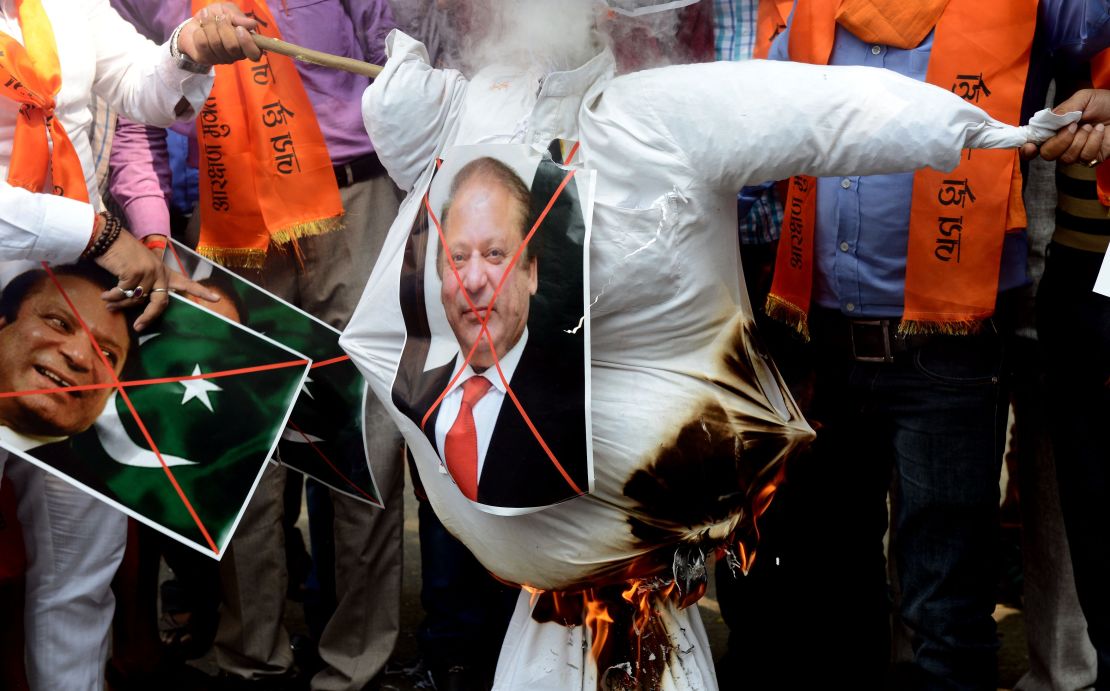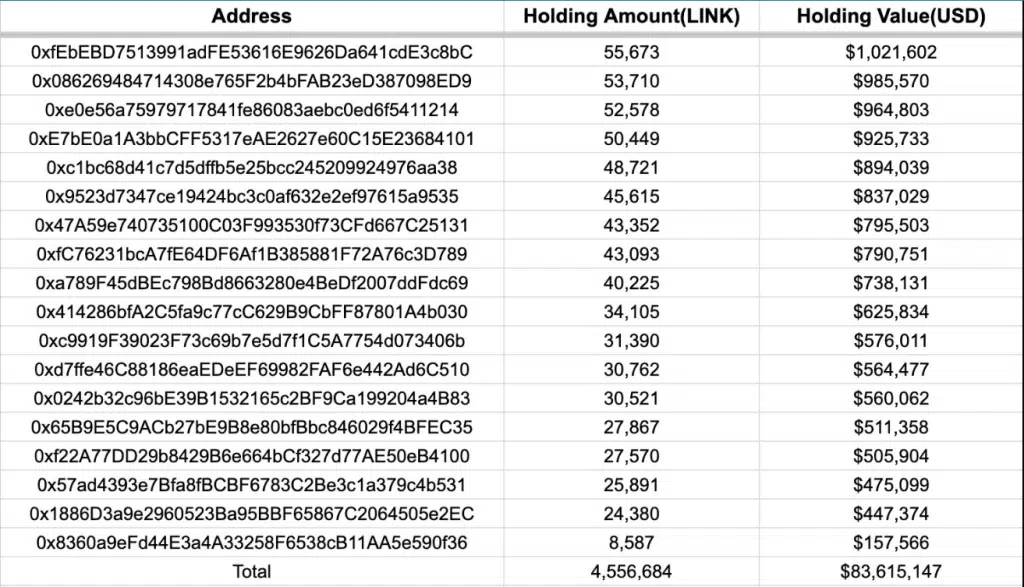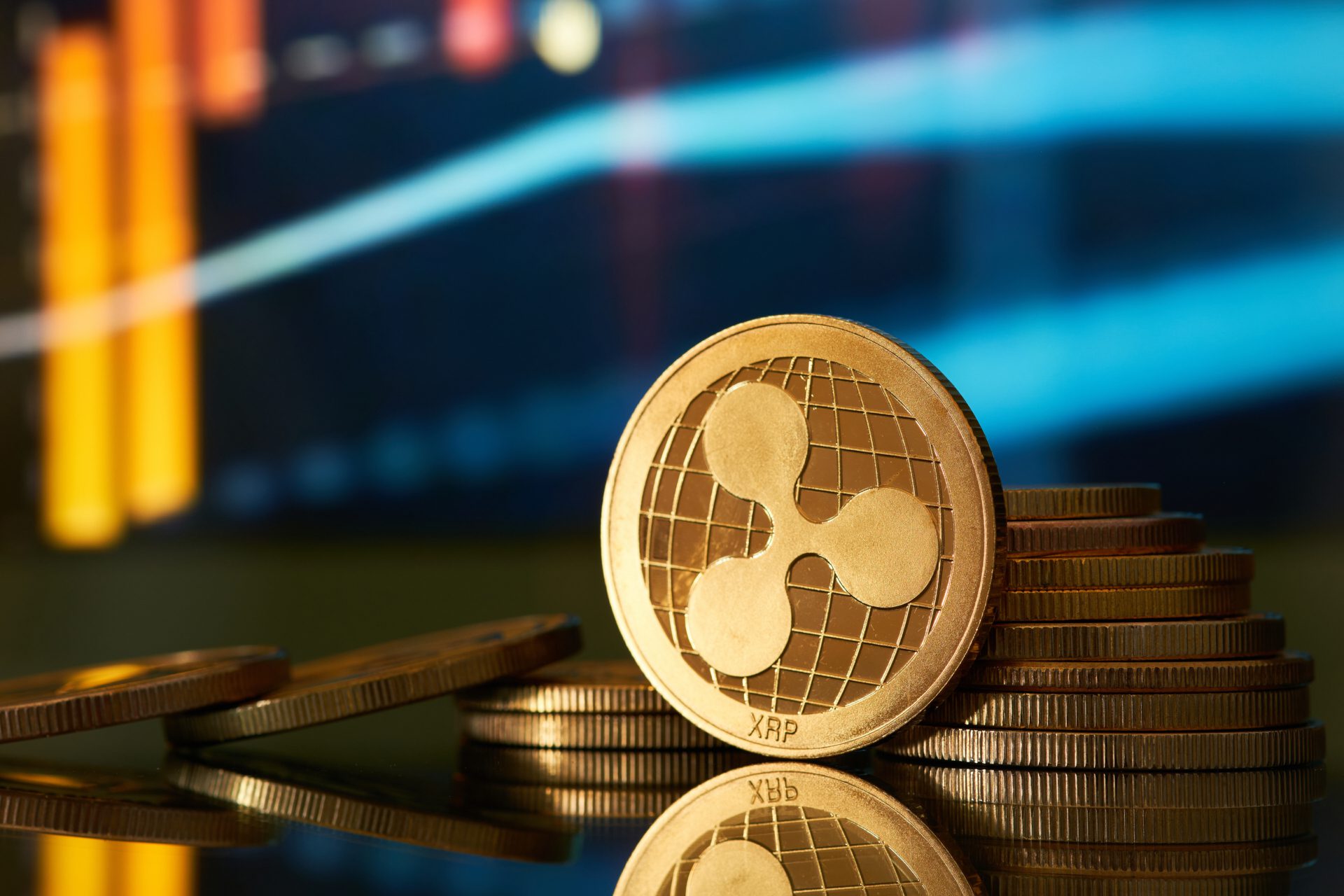Is War Imminent? Analyzing The India-Pakistan Standoff Over Kashmir

Table of Contents
Historical Context: A Legacy of Conflict
The India-Pakistan Kashmir conflict is rooted in the partition of British India in 1947. The ensuing power vacuum in the princely state of Jammu and Kashmir led to a complex and bloody struggle for control between India and Pakistan, a legacy that continues to fuel instability today. Understanding this history is crucial to grasping the current tensions.
- First Kashmir War (1947-48): This initial conflict established the Line of Control (LoC), a ceasefire line that remains a major source of contention.
- Kargil War (1999): This conflict further solidified the animosity between the two nations and underscored the fragility of peace in the region.
- Simla Agreement (1972): While aiming for peace, this agreement failed to fully resolve the Kashmir dispute, leaving the LoC as a de facto border.
- Line of Control (LoC) disputes: Ongoing skirmishes and violations along the LoC are a constant source of friction and regularly escalate tensions.
- Role of terrorism and cross-border infiltration: The persistent issue of cross-border terrorism and allegations of state sponsorship significantly contribute to the volatile security situation and fuel the India-Pakistan Kashmir conflict. This aspect of the Kashmir dispute timeline is particularly sensitive.
Keywords: Kashmir conflict history, India Pakistan war history, Kashmir dispute timeline
Current Tensions: Triggers and Escalation
Recent events have significantly exacerbated the already tense situation. Several factors have contributed to the current crisis, raising concerns about the potential for large-scale conflict.
- Specific recent incidents along the LoC: Increased shelling and firing exchanges across the LoC have become alarmingly frequent, often resulting in casualties on both sides.
- Statements from political leaders in both countries: Highly charged rhetoric from political leaders in both India and Pakistan has further inflamed tensions and fueled nationalist sentiments, hindering diplomatic efforts to resolve the India-Pakistan border tensions.
- Changes in military deployments: Both countries have reportedly increased military deployments along the LoC, signaling a heightened state of readiness.
- Impact of cross-border terrorism allegations: Accusations of cross-border terrorism continue to be a major source of friction and mistrust between India and Pakistan, perpetuating the cycle of violence.
- Role of international actors and mediation attempts: While some international actors have attempted mediation, their efforts have largely been unsuccessful in de-escalating the situation.
Keywords: India Pakistan border tensions, Kashmir escalation, LoC violations
The Role of Terrorism
Cross-border terrorism plays a significant role in fueling the India-Pakistan Kashmir conflict. The presence of various militant groups operating in Kashmir, coupled with allegations of state support for terrorism, creates a highly volatile environment.
- Groups operating in Kashmir: Several militant groups operate within Kashmir, carrying out attacks that destabilize the region and complicate the peace process.
- Allegations of state support for terrorism: Mutual accusations of state support for terrorist groups further exacerbate tensions and hinder any attempts at reconciliation.
- Impact of terrorist attacks on public opinion: Terrorist attacks significantly impact public opinion on both sides, making compromise and peaceful resolution much more difficult.
- Counter-terrorism strategies employed by both nations: The counter-terrorism strategies employed by both nations often lead to further escalations and heighten the risk of unintended conflict.
Keywords: Kashmir terrorism, cross-border terrorism India Pakistan
International Involvement and Diplomatic Efforts
The international community has a crucial role to play in de-escalating the India-Pakistan Kashmir conflict. However, the effectiveness of diplomatic initiatives has been limited.
- Statements and actions by major world powers: Major world powers have issued statements urging restraint, but concrete actions to mediate the conflict have been limited.
- Effectiveness of diplomatic initiatives: Previous diplomatic efforts have yielded limited success, highlighting the complexity and deep-seated nature of the conflict.
- Potential for international intervention: The possibility of international intervention remains, but its feasibility and potential impact are uncertain.
Keywords: International response Kashmir conflict, UN role Kashmir, India Pakistan diplomacy
Potential Pathways: De-escalation or War?
The current situation presents two potential pathways: de-escalation through dialogue or a catastrophic escalation into war.
- Dialogue and negotiation possibilities: Renewed efforts towards dialogue and negotiation, focusing on confidence-building measures and addressing underlying grievances, are crucial for de-escalation.
- Risk factors leading to war: Several factors, including miscalculations, accidental escalation, and the continued cycle of violence, significantly increase the risk of war.
- Economic consequences of conflict: A war between India and Pakistan would have devastating economic consequences for both nations and the wider region.
- Humanitarian consequences of conflict: The humanitarian consequences of a large-scale conflict in the region would be catastrophic, with widespread displacement, casualties, and suffering.
Keywords: India Pakistan war scenarios, Kashmir peace prospects, de-escalation strategies India Pakistan
Conclusion
The current India-Pakistan standoff over Kashmir is a deeply concerning situation, fueled by a long history of conflict, persistent cross-border terrorism, and a lack of effective diplomatic solutions. The risk of escalation is substantial, with potentially catastrophic consequences. The India-Pakistan Kashmir conflict demands urgent attention from the international community and leaders in both nations. Further escalation must be avoided through renewed diplomatic efforts and a commitment to peaceful resolution. Understanding the historical context and current triggers of the India-Pakistan Kashmir conflict is crucial for preventing further bloodshed and finding a path towards lasting peace. Let’s work together to prevent war and promote dialogue towards a peaceful resolution of the India-Pakistan Kashmir conflict.

Featured Posts
-
 Major Xrp Whale Accumulates 20 Million Tokens Market Implications
May 08, 2025
Major Xrp Whale Accumulates 20 Million Tokens Market Implications
May 08, 2025 -
 Penny Pritzker The Billionaire Behind The Harvard Admissions Battle
May 08, 2025
Penny Pritzker The Billionaire Behind The Harvard Admissions Battle
May 08, 2025 -
 Analyzing The Challenges Why Xrp Etfs May Underperform Expectations
May 08, 2025
Analyzing The Challenges Why Xrp Etfs May Underperform Expectations
May 08, 2025 -
 Long Term Investment Berkshire Hathaways Impact On Japanese Trading Houses
May 08, 2025
Long Term Investment Berkshire Hathaways Impact On Japanese Trading Houses
May 08, 2025 -
 Oklahoma City Thunder Vs Houston Rockets Where To Watch Odds And Match Preview
May 08, 2025
Oklahoma City Thunder Vs Houston Rockets Where To Watch Odds And Match Preview
May 08, 2025
Latest Posts
-
 Find The Winning Numbers Lotto Lotto Plus 1 And Lotto Plus 2 Results
May 08, 2025
Find The Winning Numbers Lotto Lotto Plus 1 And Lotto Plus 2 Results
May 08, 2025 -
 Latest Lotto Lotto Plus 1 And Lotto Plus 2 Draw Numbers
May 08, 2025
Latest Lotto Lotto Plus 1 And Lotto Plus 2 Draw Numbers
May 08, 2025 -
 Analyzing Ripples Xrp Potential Can It Break Through To 3 40
May 08, 2025
Analyzing Ripples Xrp Potential Can It Break Through To 3 40
May 08, 2025 -
 Ripples Xrp Assessing The Likelihood Of A Price Increase To 3 40
May 08, 2025
Ripples Xrp Assessing The Likelihood Of A Price Increase To 3 40
May 08, 2025 -
 Is 3 40 A Realistic Price For Xrp Ripples Market Analysis
May 08, 2025
Is 3 40 A Realistic Price For Xrp Ripples Market Analysis
May 08, 2025
